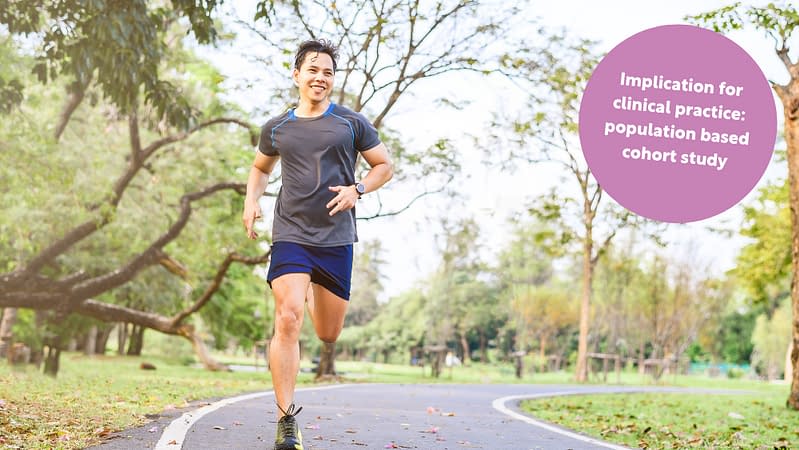Diet plays a major role in the homeostasis of all tissues and poor nutrition is one of the extrinsic factors that contributes to the development of tendinopathy.
Context
The use of supplements is widespread among athletes as well as the general population. However, specific recommendations of dietary strategies for preventing or treating tendon injuries, either as part of the habitual diet or with additional dietary supplements, are lacking. This systematic review aimed to evaluate the impact of nutrition on the prevention and treatment of tendinopathy.
Methods
- Searches were conducted in PubMed, EMBASE, Web of Science, and SPORTDiscus without restriction to year of publication.
- Studies examining the impact of exposure to nutrient intake in an adult human population on 1) prevalence/incidence of tendinopathy, 2) clinical outcomes of tendinopathy, 3) structural changes in the tendon by imaging modalities were included.
- Experimental and observational study designs written in English, Dutch, or German were eligible.
Results
- Alcohol consumption can be a potential risk factor associated with Achilles Tendinopathy and rotator cuff tears, although findings were inconsistent.
The use of dietary supplements was examined in fourteen studies. Among these, collagen-derived peptides were most often part of the supplements evaluated.
Combining training and dietary supplements seems to induce better clinical and functional outcomes in tendinopathy.
Individual studies showed promising clinical implications for the use of dietary supplements, particularly those containing collagen-derived peptides. However, giving any definitive dietary recommendations on the prevention and treatment of tendinopathy remains elusive.




